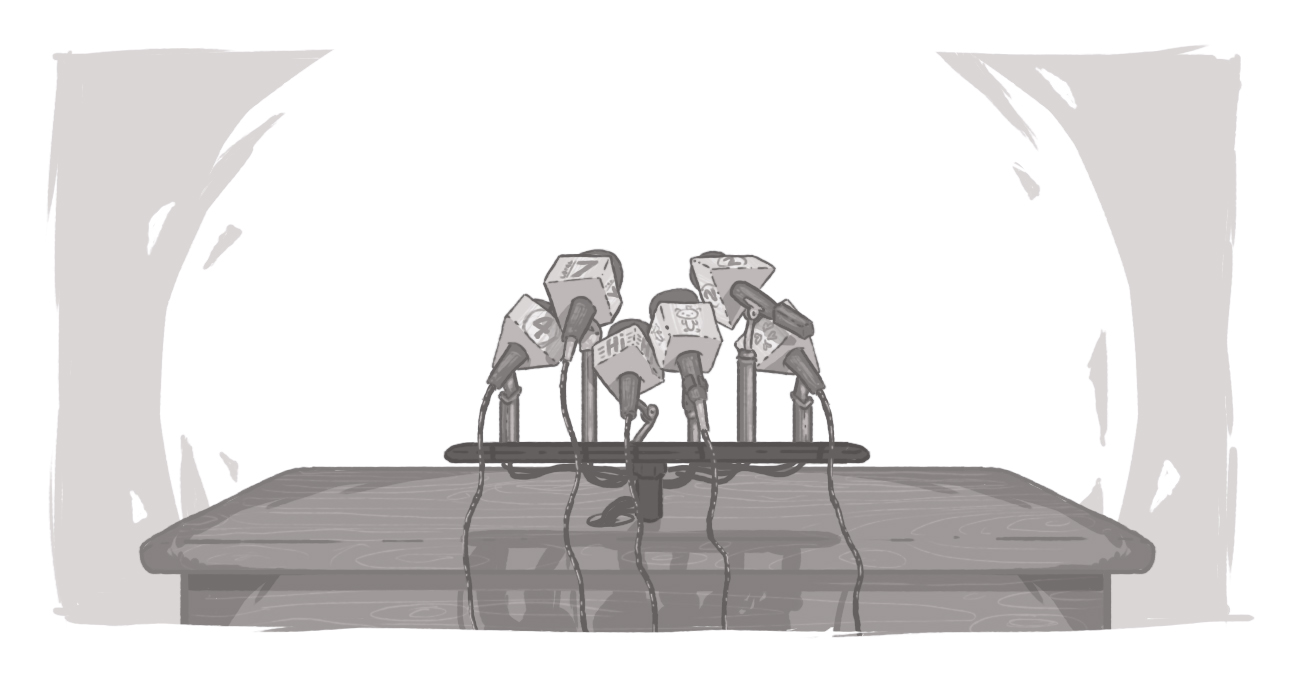How to Rock Your Conference Presentation

During the period of time when my immigration papers were being processed, I'd watch my Digital Echidna peers travel across North America and even throughout the world to attend Drupal Camps and Conventions. As a developer, I knew I wanted to be part of that experience and knew I had something to offer. I dreamed that, one day, I'd be able to join the excitement.
That day came last year. I finally received my residency and, with it, a U.S. visa. I was now able to travel and attend conference -- and I didn't have to wait long! Pittsburgh's DrupalCampPA was my first chance and I jumped in with both feet -- not just as an attendee, but as a presenter.
I'll be honest. It wasn't the best presentation I've ever given. It was a nerve-wracking experience, but it was a start. And since then, I've learned so much about presenting through repetition, listening, and watching. So I thought I'd share with you my keys to a successful presentation.
Self-assuredness
As with any public performance confidence is a key to success. Having solid knowledge of what you're presenting is important, but self-confidence and self-acceptance can help you ensure that your message gets delivered properly.
We all have things that make us feel self conscious: maybe it's a loud voice or an accent; maybe it's your hair, your freckles, your posture. But it's important to leave those issues behind and not let them become the focus of your inner monologue.
Honestly, the audience likely won't care about any of these things. In fact, they may not even notice them at all. And they're certainly not going to judge you on physical items -- people at conferences are there to learn, and they're focused on your content, not your appearance or mannerisms.
Confidence
Don't think about what might go wrong; focus on what's going to go right. Often, before presentations, people start to worry about "scary" things that, in reality, are pretty unlikely to happen: the projector not working; the computer not plugging in, forgetting something.
The thing is, even though all of these could happen, you've got to believe technical difficulties aren't going to be a deal breaker for your presentation. Everything works out in the end. If something goes wrong, don’t panic and don’t try to hide it. Be honest with people - they will understand and help you out of the situation faster if you are open about it, rather than standing sweaty and shaky not knowing what to do.
And preparation always helps confidence. If you're worried about forgetting something, make a list and check it before you go to the presentation to ensure you have all the materials -- and backups -- you'll need.
Practice
As they say, practice makes perfect. And this is true to a very large degree. The more often you present, the better you will become. This is one of those cases in life where your level of success is almost directly proportional to the amount of effort you put in. Practice brings confidence and trust in your own abilities. It also reduces possible negative surprises.
Prepare good slides
Slides can be very important. But slides are for audience. They're not there for you to read. Nothing is more boring than someone with their back to you, reading off a screen. Make your slides interesting, pretty, and concise.
They should be accompaniments to your presentation; not reading material. They should highlight key points and emphasize key ideas. Take the time to create effective slides and revise them as needed. You can even solicit feedback about your presentations and integrate good suggestions into your presentation edits.
Be ready to answer questions
You've got to be comfortable with the topic of your presentation to an extent that goes beyond what you're presenting. Some people are coming with no knowledge of the topic, but others will attend so that they can ask specific questions about their own issues.
Try to help them if you can but don’t get down on yourself if you can't answer correctly. It’s okay to not know something or not able to answer everything. Just be honest and open about it -- and you could even offer to do a little research and get back to the person at a later time. That's a great way to build relationships.
Remember, nobody expects you to be perfect. The purpose of a presentation is knowledge sharing; it's not a competition.
Be passionate about the topic you are presenting
If you are not interested in things you are describing and not excited about the presentation the audience will feel it. Keep yourself upbeat and focused, try to make sure the session is conducted in a light mood, and interact with the audience and ask questions. Also, try to avoid conflicting topics or statements.
Your topic doesn’t have to be advanced
Not everyone realizes this, but camp attendees really value beginner topics. At every camp there are people may be absolutely new to the topics presented. When I present, there are often people who are new to Drupal, or just taking their first few steps in the community. They may even just be evaluating whether it’s something they want to use.
It’s great to share a super advanced solution, but make sure it's to the right crowd. It's always amazing to share your knowledge and train other people, so if you're looking to start presenting, don't be afraid to choose a topic that appeals to the beginner's pool. A lot of attendees will be very thankful to learn from you.
Presenting at Drupal event is always a lot of fun. It opens doors to community, networking, and knowledge-sharing with Drupalistas from all around the world. I encourage you to give it a try -- I bet you won't regret it.
In giving your knowledge you will get so much back. I hope to see you -- and learn from you -- at a camp in the near future!
SUBSCRIBE TO OUR E-NEWSLETTER
 Subscribe
Subscribe


